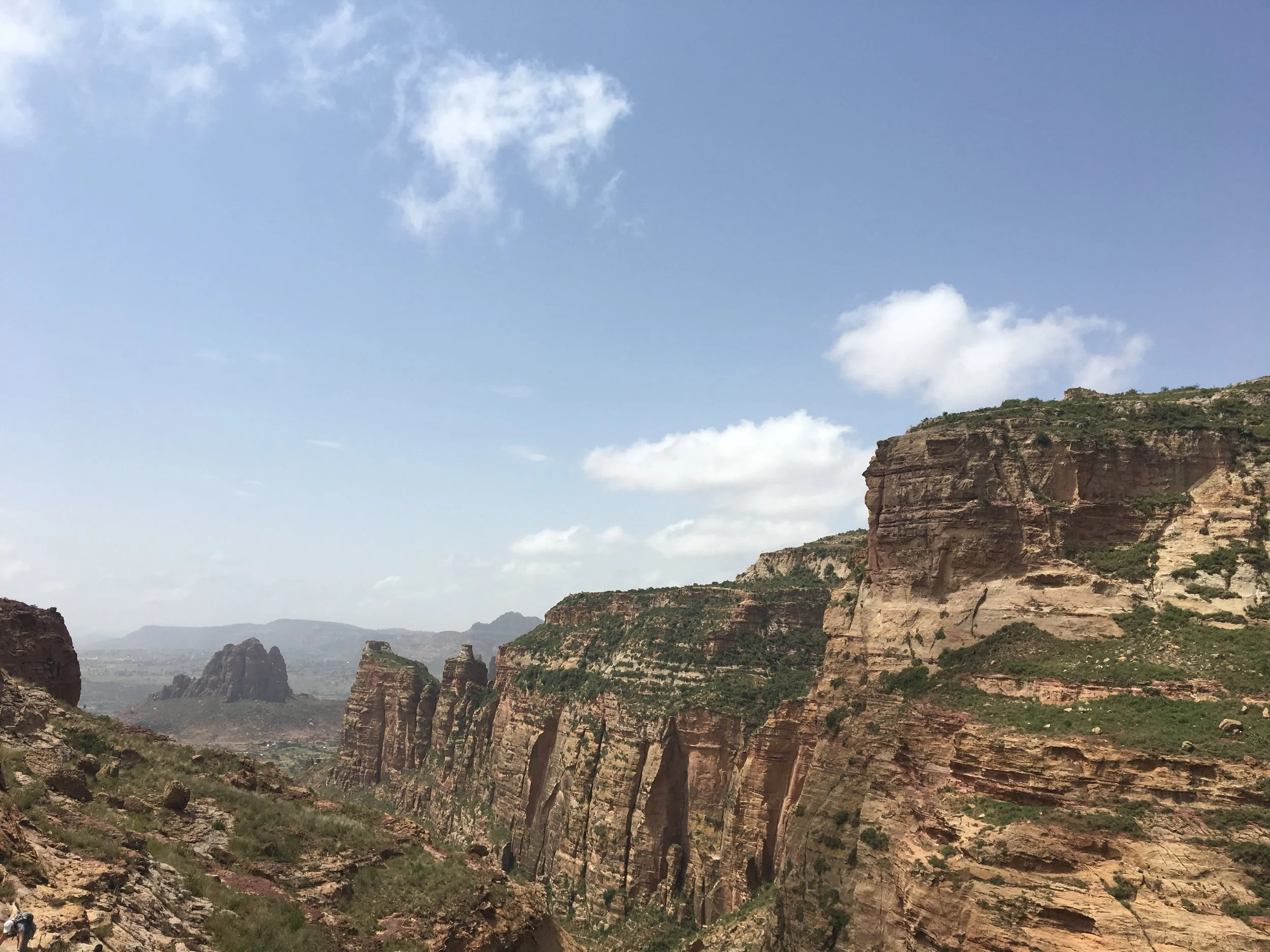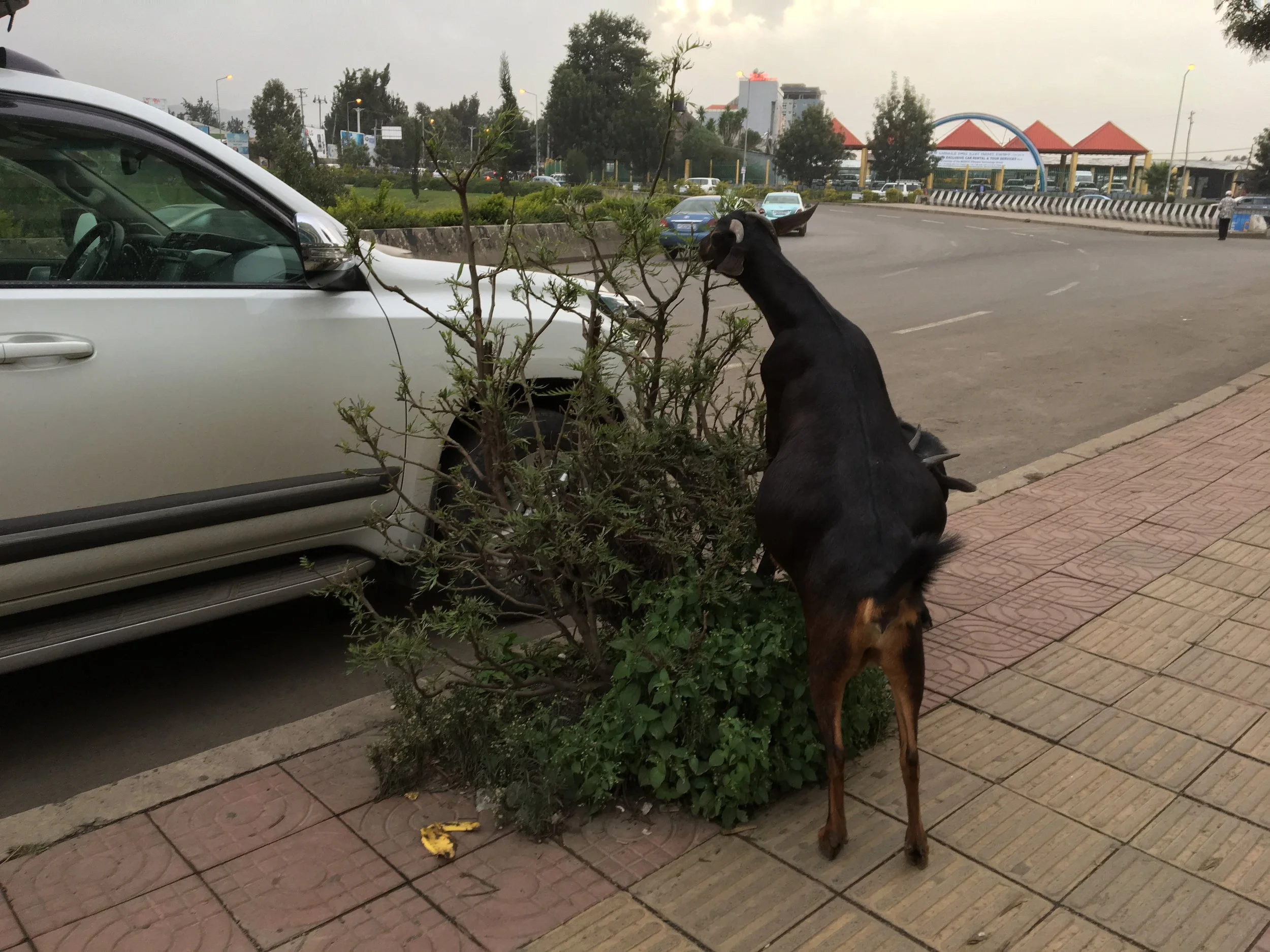Atitifi—Don’t Be Lost—On Going Home
My service did not end the way I had expected it to, which in some ways is quite fitting as nothing in my time in Ethiopia went as I had expected. It was abruptly cut short by about five months as I, along with 7,300 volunteers, were evacuated due to Covid-19. This is the first time the Peace Corps has had to recall all of their volunteers at once; an unprecedented response to an unprecedented time. My time in Ethiopia was a life lesson on letting go of expectations. In a way I was prepared for the unthinkable, and yet, I was not ready to say goodbye.
It has taken me many months to finally write this down and share it because it has been difficult to find the words and to process the grief.
When I found out we were being evacuated I went to tell Emoye. She wiped tears from her eyes and then insisted on feeding me a giant plate of injera and kay sir and of course, coffee. I sat with her and ate, realizing this would be my last meal with her. When Girma arrived she told him I was leaving. “You must never forget us.” He exclaimed these solemn words beaming his huge smile and wildly gesticulating with his arms in his way that I’d become accustomed to. I won’t forget Girma and his family. I will never forget them. I tell myself this everyday. How could I forget them when they were everything to me?
The day I left my village I went to Meklit’s house to both tell them I was leaving and say goodbye. Meklit’s mother insisted on feeding me breakfast of pasta with tomato sils and bread. Then she gave me two traditional pots to take with me. Looking at my dirty, worn out shoes she wanted to find me a pair of shoes to take as well. Despite my protests she insisted, though because my feet were smaller than hers and none of her shoes fit, so I left in my own worn-out sandals.
I stopped by Ashagre’s and Lily’s to say goodbye. They fed me shiro and injera.
My stomach was full and my heart heavy. I walked home and bought some coffee beans to take with me. Girma and Sukware walked me to the road to catch a bus, helping me with my bags. Girma and I hugged one last time tears in our eyes. Then I got on a bus, and just like that, I was gone.
There are so many people that I did not get to say goodbye to and when I think about it my heart aches.
The last few days in Addis were a blur of exit paperwork and slowly accepting the reality of returning to the US in the midst of a global pandemic. In Addis everything was business as usual except for the hotel staff spraying liquid soap onto our hands every time we entered. At the time there were only 3 confirmed cases of Covid-19 in Ethiopia, all of which from foreigners who had traveled to the country. For many reasons, but this especially, leaving felt absurd.
One evening in a restaurant a young boy in a red sweater approached me. I started speaking to him in Amharic, his family wide-eyed that the ferenji could speak Amharic, chattering to the waiter about me. I wanted to hold onto this moment for a bit as a way of bidding Ethiopia farewell.
Whenever I would leave my town for a brief trip, or even part ways with a friend for the day, I’d hear, “atitifi” which roughly translates to don’t be lost or don’t forget your way. As I prepared to leave Ethiopia, when I was not at all ready to leave and unsure of what life in the US would be like, I thought of this word. I felt so lost—from my newly found home in Ethiopia and from what had been my home in the US.


